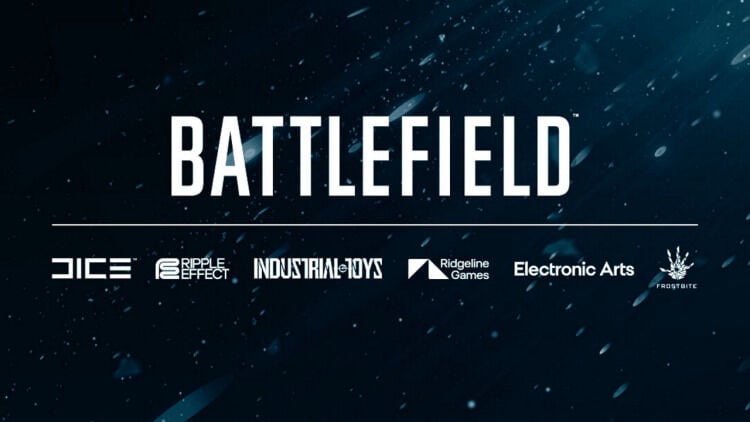
EA Acquired Ridgeline Games to Streamline Battlefield Development
Colin Smith — September 13, 2022 — Business
References: news.ea & venturebeat
Electronic Arts, more commonly known as EA, announced that it has acquired a new studio named 'Ridgeline Games.' EA is the studio behind countless high-profile titles such as 'Battlefield,' 'Need for Speed,' 'Apex Legends,' and the Starwars suite of games. The development company has grown to the point where it has become difficult to focus on a single title. In order to ensure the quality and consistency of Battlefield games going forward, EA appointed Ridgeline Games to develop Battlefield titles.
Ridgeline Games is owned and operated by Marcus Lehto, a co-creator of the Halo franchise owned by Microsoft, meaning this is not a new-to-the-industry studio, despite only being founded in 2021. Lehto stated: “It is a great honor to have the opportunity to collaborate with DICE and Ripple Effect and lead the charge on expanding the narrative, storytelling and character development opportunities in the Battlefield series,” when speaking on the new direction for his studio.
Image Credit: Electronic Arts
Ridgeline Games is owned and operated by Marcus Lehto, a co-creator of the Halo franchise owned by Microsoft, meaning this is not a new-to-the-industry studio, despite only being founded in 2021. Lehto stated: “It is a great honor to have the opportunity to collaborate with DICE and Ripple Effect and lead the charge on expanding the narrative, storytelling and character development opportunities in the Battlefield series,” when speaking on the new direction for his studio.
Image Credit: Electronic Arts
Trend Themes
1. Streamlined Development - Acquisition of development studios to streamline game development and ensure quality and consistency of products.
2. Narrative Development - Expanding narrative, storytelling, and character development opportunities to enhance the player experience.
3. Partnerships and Collaborations - Working with established studios to bring in experienced talent and new perspectives for game development.
Industry Implications
1. Gaming Industry - Acquiring and collaborating with development studios to improve game quality and player experience, and staying competitive in a rapidly growing market.
2. Entertainment Industry - Investing in game development to provide engaging entertainment content and attract a wider audience.
3. Technology Industry - Expanding the use of technology in game development to improve gameplay, graphics, and immersive experiences, and driving innovation in the industry.
1
Score
Popularity
Activity
Freshness
























